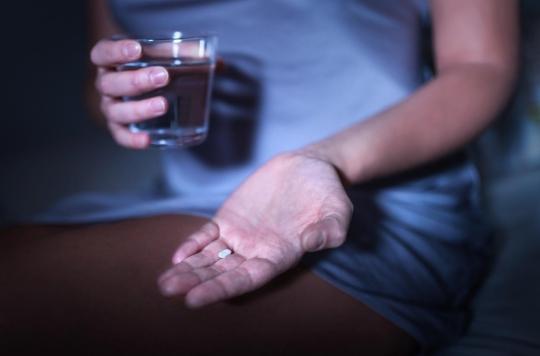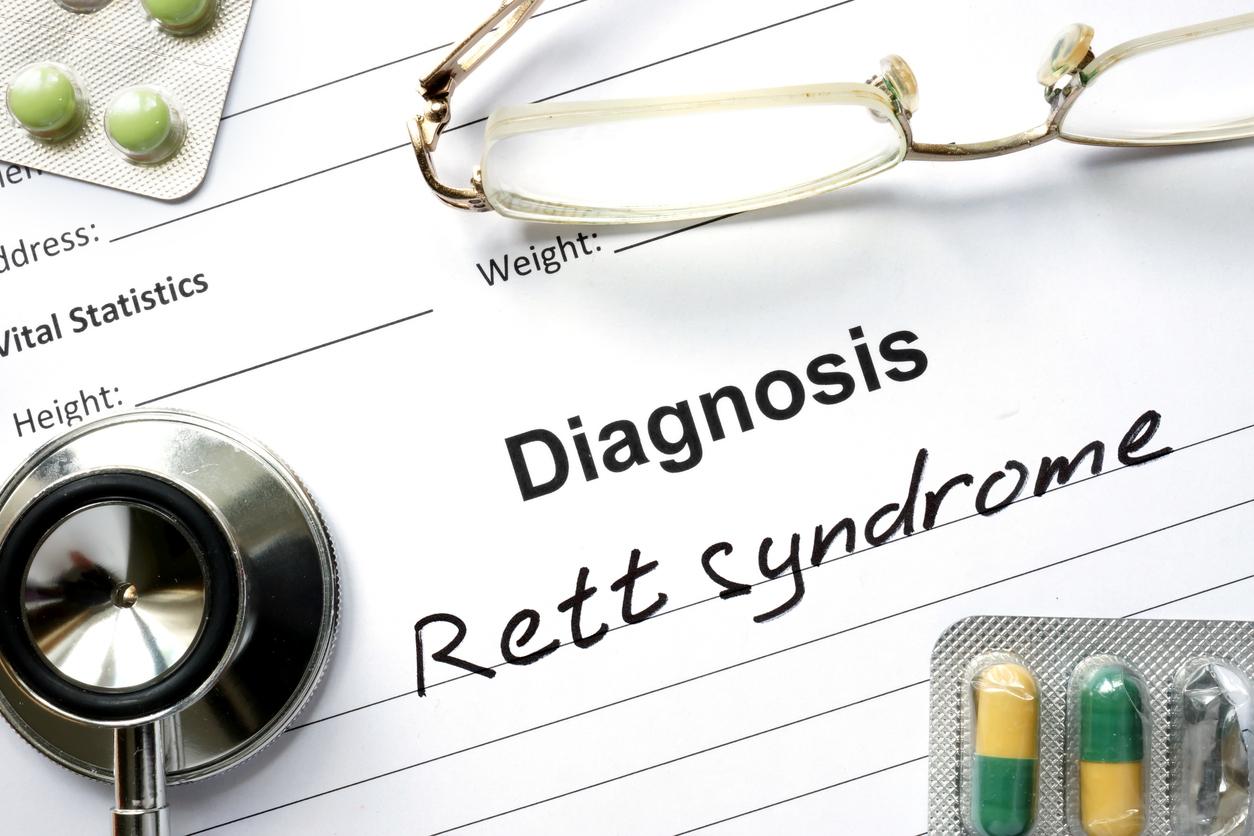The government will make access to emergency contraception, or the morning after pill, free for all women regardless of their age.

- Emergency contraception is not 100% effective.
- It must be taken at the latest within 3 to 5 days after a risky sexual intercourse.
- In pharmacies, the cost of the morning after pill varies between 3 and 20 euros depending on the medication.
It is taken in case of sexual intercourse at risk of pregnancy. In the event of an unwanted pregnancy, the morning after pill is a hormonal emergency contraceptive which must be taken as soon as possible after protected or poorly protected sexual intercourse. So far, this drug, acting mainly by delaying ovulation, is available free of charge, without a prescription and anonymously for minors.
According the government website, the morning after pill is free on medical prescription for people aged 18 to 25. On the other hand, it is payable without a prescription. For women aged 26 and over, this emergency contraception is “reimbursed up to 65% by Health Insurance with a prescription” and is payable without a prescription. But that will change soon.
Morning-after pill: “its effectiveness is maximum within 24 hours of intercourse”
In an interview with 20 minutesthe Minister of Health François Braun revealed that all French women will soon be able to benefit from this drug free of charge. “With regard to female contraception, I am announcing the strengthening of the protection of women by facilitating their access to emergency contraception in pharmacies, free of charge and without a prescription, at any age. (…) We had to fight against their difficulties in accessing emergency contraception, because we know that its effectiveness is maximum within 24 hours following the report at risk of pregnancy”, did he declare.
A free screening device for all STIs
François Braun also communicated that screening for sexually transmitted infections (STIs) will be free and without a prescription for children up to 26 years old. “Currently, this screening is free only for HIV. From now on, the possibility of screening will be extended to all sexually transmitted infections to fight as early as possible against this resumption of infections”, he continued.
These two measures will be included in the Social Security financing bill for 2023, which will be presented to the Council of Ministers on September 26. They will help to catch up “delay” from France “compared to other European countries”, according to the Minister of Health.

















